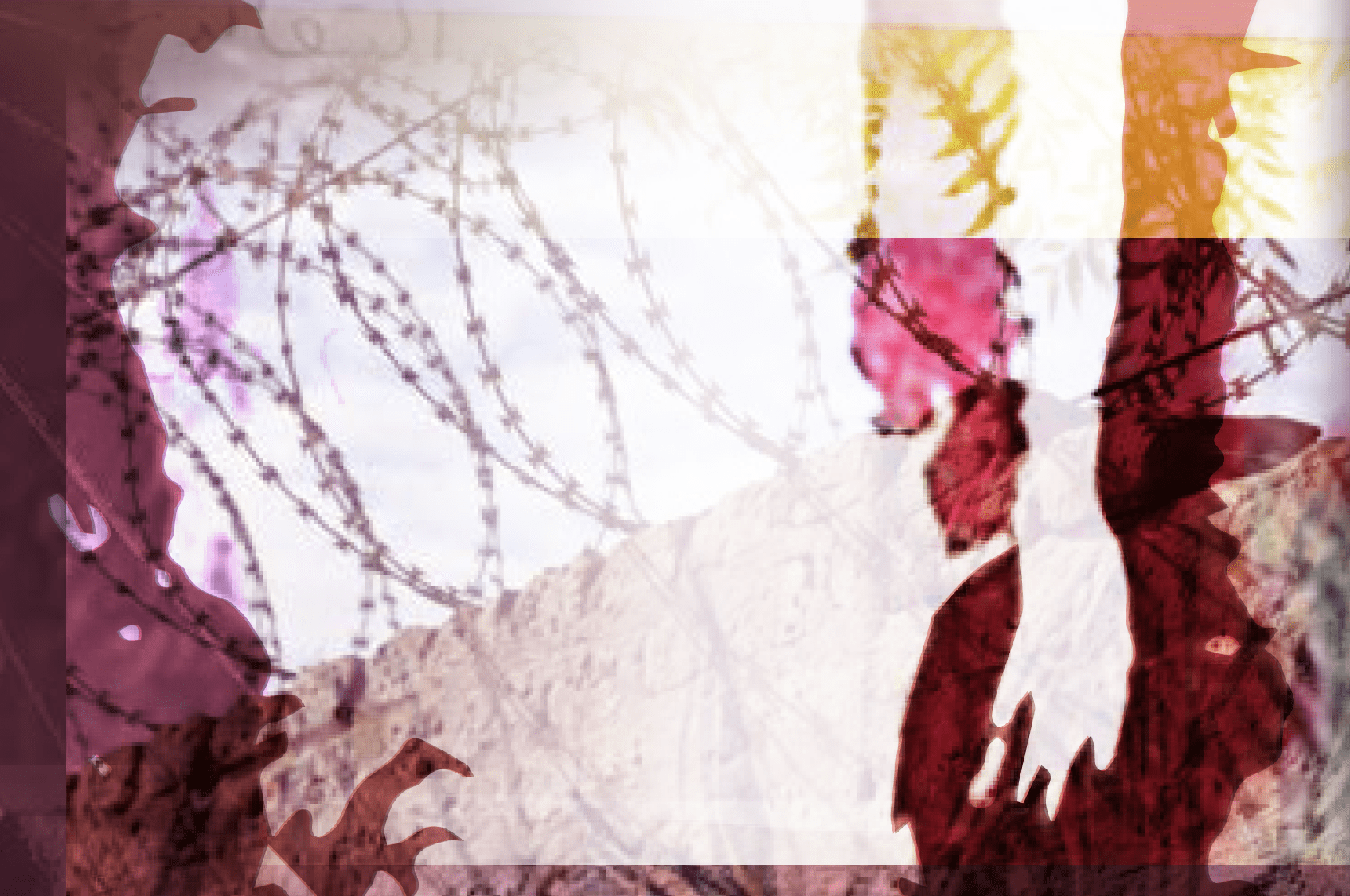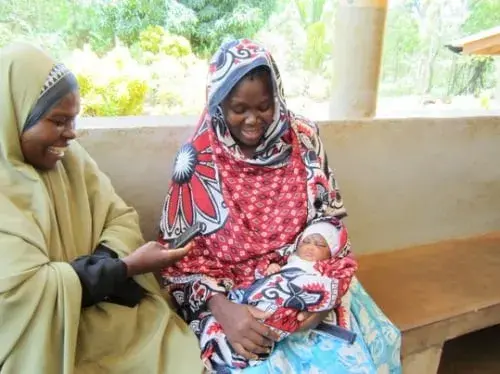JOHANNESBURG, South Africa—“It is not true that men do not know who among their circle of friends is a rapist. Men sometimes sit in bars and discuss how they can have sex with a girl without her consent by way of altering her judgment using, for instance, alcohol and drugs,” said Bafana Khumalo, Sonke Gender Justice Co-Executive Director.
Men can no longer be bystanders to actions or activities that perpetuate violence against women and girls.
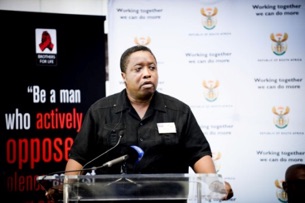
He was speaking during a virtual dialogue on gender-based violence (GBV), organized by UNFPA East and Southern Africa. This took the theme of the State of World Population 2020 report, Against My Will.
The report details the global scale of harmful practices such as child marriage, female genital mutilation, and son preference. All of these are forms of gender-based violence, which prevent women and girls from exercising their human rights and reaching their full potential.
Khumalo added, “Men can no longer be bystanders to actions or activities that perpetuate violence against women and girls. Men should be able to say, my brother, here you are out of line, as this is wrong. As men, we need to be accountable for our own actions but we also need to hold each other accountable.”
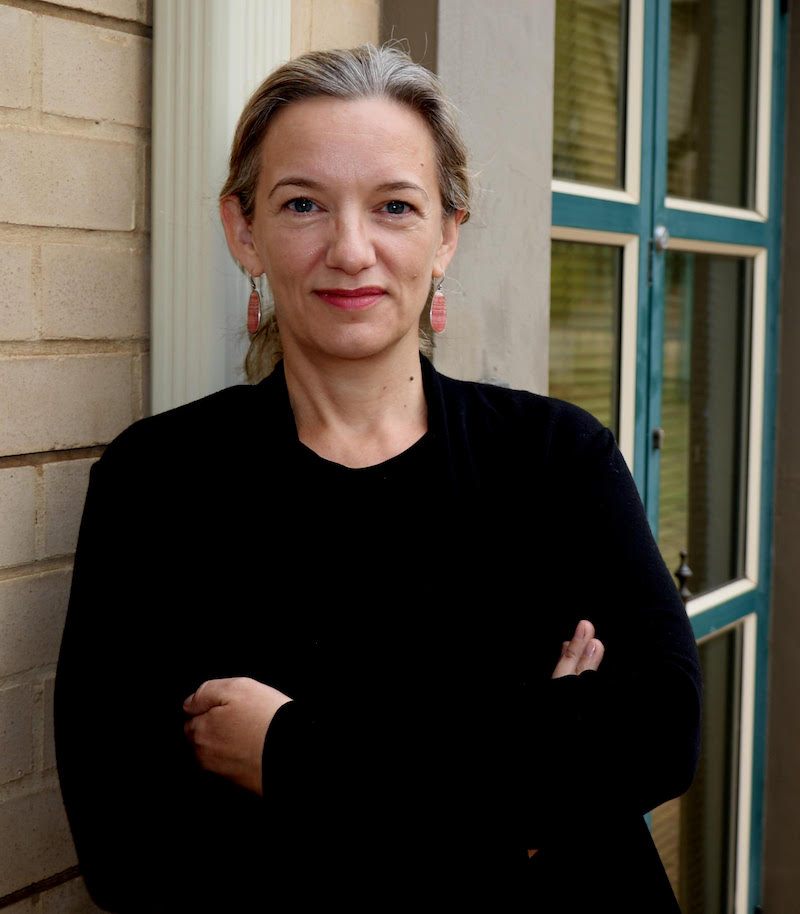
At the same event, Justine Coulson, UNFPA Deputy Regional Director for East and Southern Africa, highlighted that men need to use their privilege to raise the value of girls around the world and demand the equal treatment of girls and boys. She added, “If we are to end gender-based violence and achieve gender equality, there must be respect for women and girls. And this will require a radical shift in mind-set when it comes to entrenched, restrictive social norms, attitudes and practices that dehumanize and commoditize them.”
Strong political will key to the fight against gender-based violence
Many women and girls live under a cloud of violence, and strong political will is needed to safeguard their rights.
Faiza Jama Mohamed, Director of Equality Now for the Africa Regional Office, expounded, “Addressing gender-based violence should be the rule and not the exception.” She emphasized that work towards prevention and the protection of women and girls from all forms of violence should not be used as collateral damage at the expense of political gains.
Addressing gender-based violence should be the rule and not the exception.
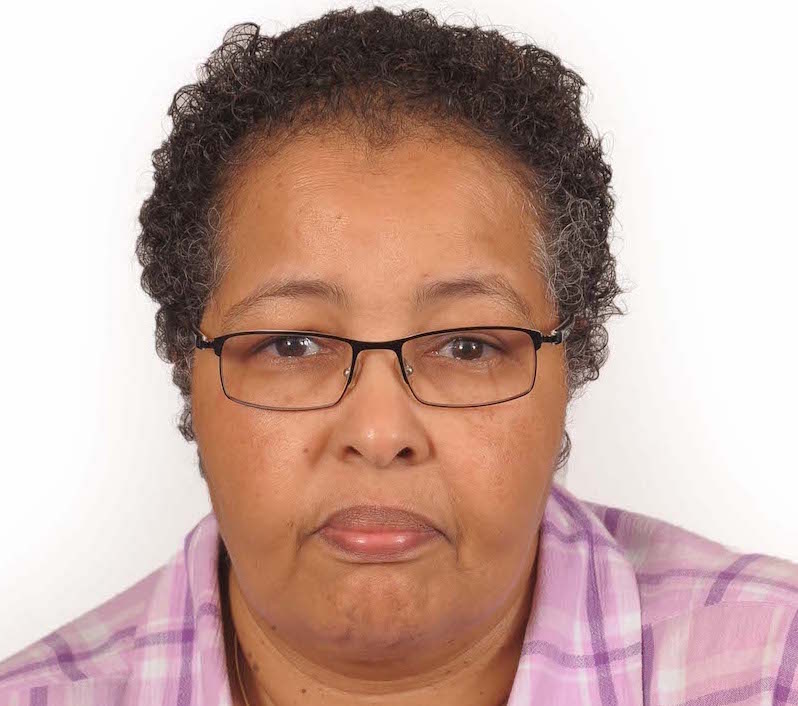
In addition, Ms. Mohamed stressed that the duty of a government is to protect all of its citizens and to create an enabling environment in which all people, including women and girls, can fully enjoy their human rights with dignity and live to their full potential. “We have seen that more proactive actions from state actors happen when the country’s leader steps up and declares action against gender-based violence,” she said.
The event also focused on how the COVID-19 pandemic has exacerbated acts of violence against women and girls, as many of them have been forced to stay at home with their abusers due to lockdown restrictions. The pandemic has exposed weak systems response to gender-based violence in humanitarian settings.
In her reflection, Ms. Mohamed underscored that governments need to plan better, increase investment in social services such as building one-stop shelters for women and girls experiencing violence, and intensify advocacy work aimed at addressing negative social norms.
Ending GBV requires everyone to play a role
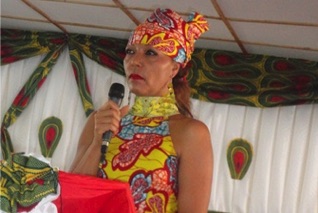
Christine Schuler Deschryver, Co-Founder and Director of the City of Joy and V-Day Congo, stressed that women have been marching for decades to reclaim their basic rights, but a lot still needs to change. She said, “Men, whether at a household, community, political or cultural level, have a huge role to play to ensure that safer communities where women can live free from all forms of violence are created.”
Young feminist movements in the global South echoed this message of ending violence against women and girls. FRIDA–The Young Feminist Fund, for example, champions the cause to advance social justice.
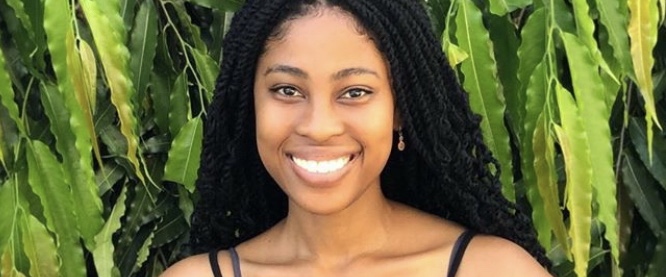
The organization provides financial and capacity-building support for grassroots feminist activism to advance social justice. To quote Mbali Donna Khumalo of FRIDA, “Strong autonomous, youth-led feminist movements are key to efforts geared towards ending gender-based violence.”
In the discussion, speakers agreed that toxic masculinity and negative social norms embedded within patriarchy and cultural and educational institutions must not create an enabling environment. Moreover, there is a need to accelerate the conviction rate of those accused of perpetrating acts of violence against women and girls.
The virtual dialogue on GBV was part of UNFPA East and Southern Africa’s regional launch of the flagship State of World Population 2020 report.

